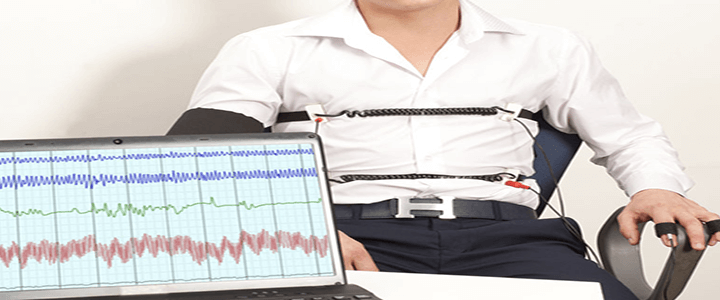On the spectrum of ridiculous “gotcha” polygraph tactics – and believe me, there is plenty of material here – there are a few that stand out as particularly egregious.
One such example has become increasingly common in recent years within the intelligence community: asking polygraph examinees how many times they’ve driven “drunk” without being caught by police.
At first blush, the question seems relatively straightforward; for most applicants, the answer is “never”. But for a not-insignificant portion of the population – typically, the scientist/engineer/computer-whiz crowd whose brains are wired to rule out all possible alternatives before responding in the negative – the examination can go off the rails rather quickly.
These folks, who comprise a large percentage of our clients, hear the question as “have you ever driven after consuming alcohol”. The natural logic leap when placed into an uncomfortable environment is for them to then start speculating about whether they were or were not actually intoxicated on any of those occasions. With just a little bit of pressure and coaxing from an examiner, you’d be amazed at how easily “driving after consuming alcohol” gets contorted into “driving drunk.”
For the record, I’m not advocating driving after consuming any alcohol, nor am I suggesting that anyone play fast-and-loose with the law in general. Many years ago, I was a police officer working the graveyard shift; I saw plenty of lives destroyed by drunk driving, which is a horrible scourge in this country. Nonetheless, polygraph examinees should understand just how outrageous the underlying question is from a legal perspective and why – absent extreme circumstances – the answer is almost always “never” or “no.”
Whether someone has driven while “drunk”, “intoxicated”, or “impaired” is inherently a legal determination dependent upon a particular jurisdiction’s laws and objective evidence of impairment, as measured by a trained law enforcement officer or medical authority. Absent truly excessive consumption of alcohol beyond any reasonable doubt, it is impossible to retroactively “self-convict” one’s self of DUI because everyone’s bodies react differently to alcohol. Factors that could impact how a body metabolizes alcohol include gender, weight, experience drinking, and whether or not one was consuming the alcohol on an empty or full stomach. This is why we have blood/breath tests and field sobriety tests.
The bottom line for polygraph examinees is this: driving after consuming alcohol does not necessarily equate to driving under the influence of alcohol. Don’t get suckered into self-convicting yourself of DUI and push-back respectfully but firmly on efforts by the examiner to persist in conflating the two.
This article is intended as general information only and should not be construed as legal advice. Consult an attorney regarding your specific situation.



